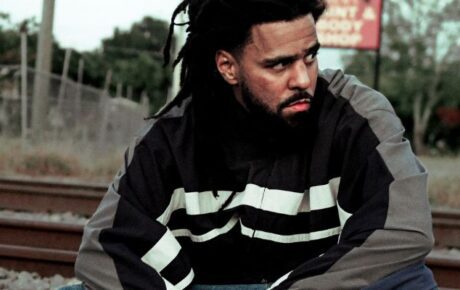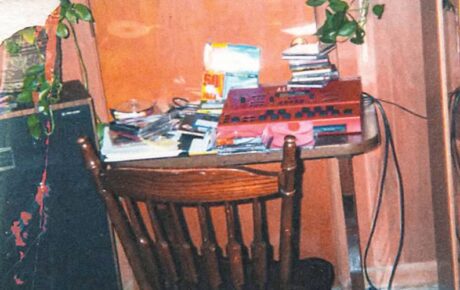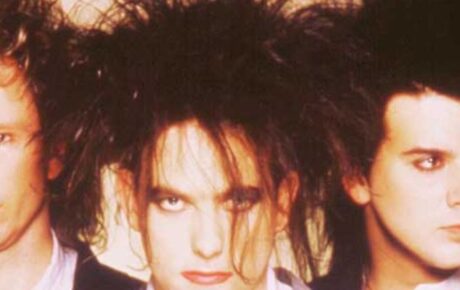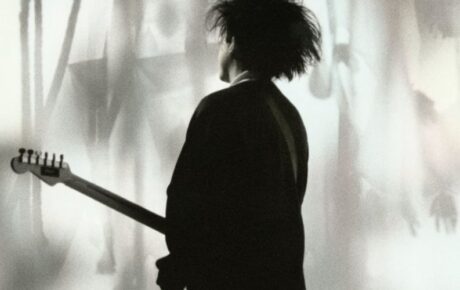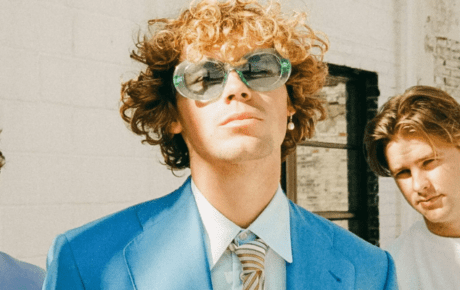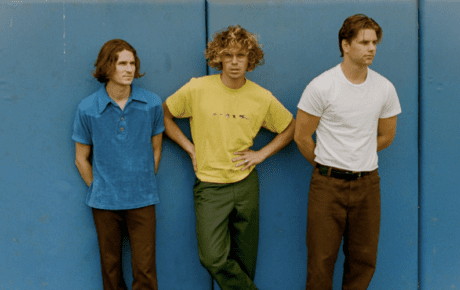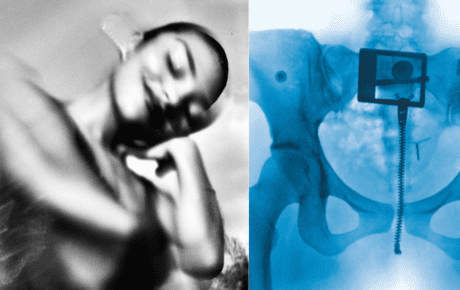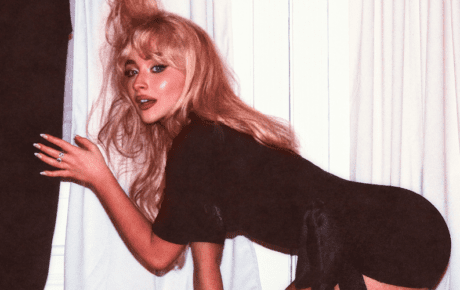Instead of sequestering themselves in the studio, the band opted to record on location. Decamping to a house owned by Neil Finn’s friends Nigel and Judy Horrocks, at the beautiful but remote Karekare Beach on New Zealand’s North Island, they were joined by James/The Verve producer Youth, who initially came to prominence playing bass with influential UK post-punk outfit Killing Joke.
The band had initially met their new producer at his Brixton studio, and were impressed by his attitude, which differed from most of the era’s mainstream producers. “He wasn’t like any other producers we met at the time,” Neil Finn told Australian website The Arts in 2013. “He came across like an escapee from Glastonbury, but within that, there was keen intelligence.”
Youth had a penchant for everything from New Age crystals to Paganism, and he encouraged experimentation in the studio, getting Crowded House to jam a lot. His eccentricity suited the making of a record that Finn had already envisaged being “looser, sprawling, and a bit more psychedelic.”
Despite its unorthodox gestation, Together Alone eventually stacked up as Crowded House’s most ambitious – and arguably most satisfying – record. Overlaid with exotic yet decisive textures, including loops, lap steel and even Maori log drummers, songs such as “Fingers Of Love,” “Kare Kare” and “Private Universe” were complex, atmospheric, and infinitely affecting. Elsewhere, “Locked Out” rocked atypically hard and the shimmering “Distant Sun” arguably boasted Neil Finn’s most seductive melody to date.
By and large, the critics were in agreement that Together Alone represented Crowded House at their creative pinnacle, with respected UK monthly Q granting the album a full five stars. Continuing the trend which began with Woodface, British Crowdies’ fans also quickly embraced Together Alone and it eventually spawned five UK Top 30 hits (among them “Nails In My Feet” and “Pineapple Head”), went platinum, and peaked at No. 4 on the UK Top 40 album chart.
With the LP also topping the New Zealand charts and selling strongly in both Australia and Canada, Crowded House embarked on a lengthy but fractious world tour, which culminated with drummer Paul Hester quitting in April ’94, part-way through the American leg. He was temporarily replaced by able deputy Peter Jones, but after the tour wound down, Neil Finn concentrated his energies on his Finn Brothers project with elder sibling Tim.
The brothers’ low-key, if critically hailed Finn was released in 1995, but after Capitol issued his main band’s multi-platinum-selling Recurring Dream anthology in the summer of ’96, Crowded House decided to split. With the show’s proceeds going to the local children’s hospital, the band’s final concert on the steps of Sydney Opera House (with Hester back behind the kit) attracted an estimated 100,000 fans and was captured in all its emotional glory on the celebrated live album and DVD Farewell To The World.
Article originally published on uDiscoverMusic.com.
SEE ALSO: ‘Goats Head Soup’: The Rolling Stones Reach Beyond Rock With New Recipe

